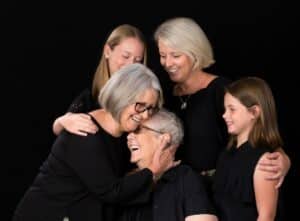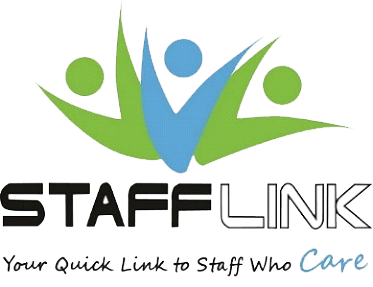Family Caregiving Depends On Mothers!

Happy Mother’s Day 2022!
Mother’s Day is on May 8th this year. I am a mother. I have been a family caregiver. I own an agency that provides assistance to family caregivers. Most of my agency’s professional caregivers are women, mothers and grandmothers.
Mothers and Women Carry the Load With Family Caregivers
Mothers across America are the primary family caregivers in their homes for their children and partners. They may not be the sole caregiver, but even if they are in a committed relationship or are married, they are frequently the primary caregiver in their household. Even in 2022, it is rare for a husband, father or son to be the primary family caregiver for their household or for their aging parents.
Women and mothers in most cases do the majority of the direct and indirect caregiving tasks for the household. This includes, but is not limited to: caring for the children, cleaning and maintaining the house, doing laundry, shopping for the household items, meal planning, preparation or securing, chauffeuring family members, and managing and coordinating the family schedules.
And although the woman or mother might not perform every home and lawn maintenance tasks, they frequently spearhead and are intimately involved with the selection, scheduling and supervision of the hired helpers or contractors.
There was a study conducted some time ago, that found that in terms of the division of family responsibilities between women and men, that women were responsible for task that were done daily (cooking, cleaning, laundry, chauffeuring, etc) and men were took on task that were periodic (taking out the trash, cutting the grass, shoveling the snow, paying bills, etc). Every household is different, but this is what happens in the majority of households across America.
Providing Care on Both Ends of the Spectrum-Sandwich Caregiving
As our parents age, women frequently find themselves as caregivers on both ends of the spectrum.
They are providing caregiving in their own home and now providing caregiving and support to aging parents. This is frequently called “sandwich caregiving”.
They are driving kids to school and activities and driving mom to doctor’s appointments. They are making sure dinner is prepared or secured for their household and taking meals to their aging in-laws. They are shopping for groceries for their household and picking up groceries for their aging father that no longer drives. They are taking the family dog to the vet and picking up medicine from the neighborhood pharmacy for their parents. They are picking up dry cleaning for their spouse and dropping by their elderly aunt’s home to do some laundry.
Senior caregiving is more than just providing hands on care, running errands and performing tasks. It includes, but is not limited to other things like: Medication management, care coordination and advocacy.
Grandmothering and Family Caregiving
Older women who may no longer have children residing in their house and are slightly older, 50s, 60s, or early 70s, may now be providing childcare assistance and some supervision of grandchildren while tending to the needs for their own parents in their 80s, 90s or who are now centenarians.
Women Leave Their Jobs to Become Family Caregivers
There is documentation that many women leave the work force in order to provide caregiving to family members. Leaving the workforce to provide caregiving can set a woman back financially for years to come. The loss of actual income and the loss of career advancement are serious set-backs.
Our StaffLink office has first-hand experience with this phenomenon. Two years ago, a female office employee with StaffLink, suddenly left the office one day due to a family crisis. Her disabled sibling had been involved in an accident. She left that day to never return to our office. She became the full-time caregiver, care manager and advocate for her brother. She had been employed with us for 26 years. She had not planned to stop working, nor could she have predicted the crisis that would draft her into full-time caregiving. Since his health crisis she has moved him into her home. She is the single mother of six adult children and a grandmother.
Quote from First Lady Rosalyn Carter
Former First Lady Rosalyn Carter said, “There are only four kinds of people in the world: those who have been caregivers, those who are currently caregivers, those who will be caregivers, and those who will need caregivers”.
So, on this Mother’s Day, I salute all the women, mothers, grandmothers and daughters that are and who have provided care to their families across the spectrum.
Have a wonderful Mother’s Day! And thank you for your mothering and caregiving!
https://www.theatlantic.com/family/archive/2019/05/breadwinning-wives-gender-inequality/589237/
https://www.today.com/news/women-do-2-more-hours-housework-daily-men-study-says-t172272
https://www.caregiver.org/resource/women-and-caregiving-facts-and-figures/
- StaffLink Celebrates 38 Years in Business! - March 30, 2025
- What Is the Hourly Cost for Home Health in 2025? - March 12, 2025
- Seeking Retirees and Mature Persons to Provide In-home Care to Seniors - February 26, 2025
